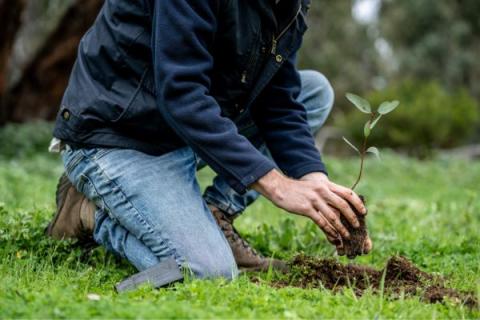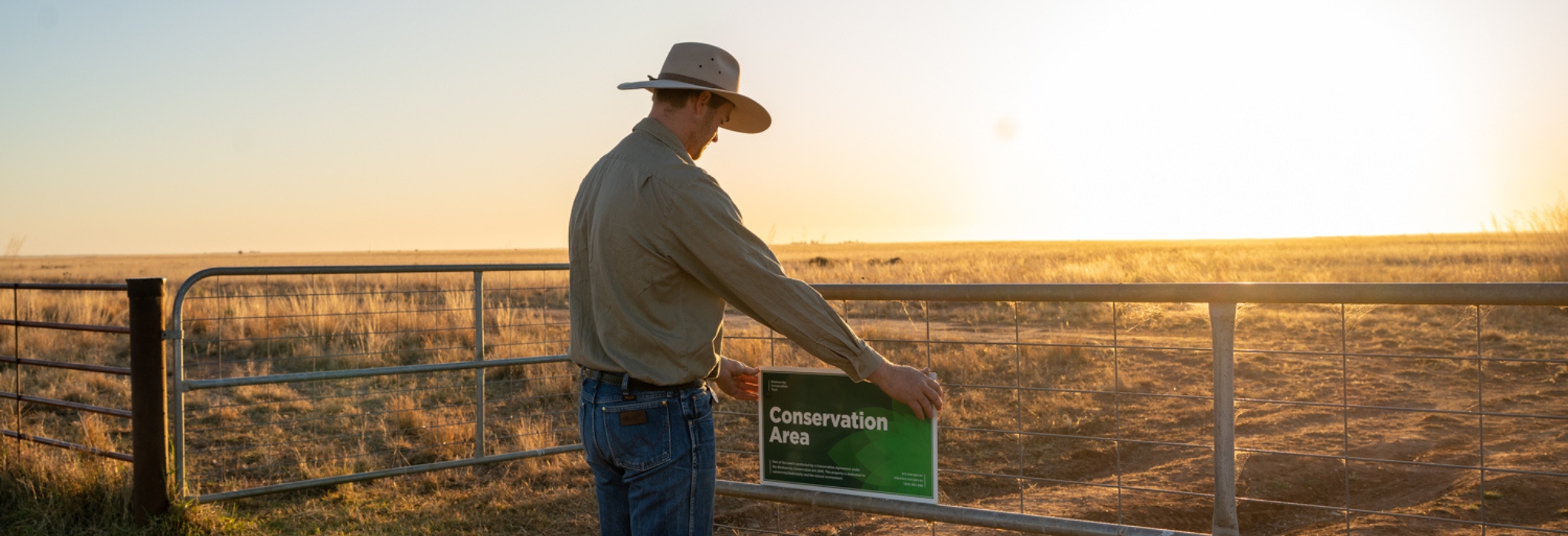
"Basically, it comes down to feeling good about conserving something. It's basically what a small group of people can do privately for the benefit of everyone."
- Peter Lloyd, Armidale landholder
What is private land conservation?

Private Land Conservation occurs when landholders take voluntary steps to manage their land to protect and preserve the natural environment on their property.
This could involve maintaining and protecting native vegetation, managing weeds and pest animals, or restoring degenerated areas.
From the cultural land management of Aboriginal people to the efforts of private landholders to care and manage native vegetation and local species, there is a strong network of private land carers across NSW.
Why private land conservation matters
Private Land Conservation is important because more than 80 per cent of the land in NSW is privately managed. By prioritising and managing areas of privately-held land for conservation, landowners are adding to and growing Australia's National Reserve System of public, Indigenous and privately protected areas.
These landholders also contribute to global goals to protect nature, support a future more resilient to climate change and ensure native plants and animals have the habitat they need to survive.
What private land conservation offers you
- Financial support: Landholders may receive grant funding or payments to help cover the cost of some management actions supported by the NSW Biodiversity Conservation Trust.
- Expert guidance: Our expert ecologists and landholder support staff provide advice and expertise to help landholders effectively manage their land. This includes tips on protecting native species, controlling invasive plants, and restoring habitats.
- Environmental impact: By participating in conservation programs, landholders contribute to the broader goal of protecting biodiversity in NSW
- Community and legacy: Landholders who engage in private land conservation are a community of people committed to preserving the environment for future generations.
What we do
The NSW Biodiversity Conservation Trust offers private landholder a range of opportunities to protect, connect or restore biodiversity on their properties, and helps them manage the long-term or in-perpetuity conservation agreements they establish with us.
These agreements contribute to state, national and global ambitions to protect nature, with the Global Biodiversity Framework - agreed to by 196 countries, including Australia - setting a milestone targets to protect 30 per cent of all lands and inland waters by 2030.
